Question And Answer
Publications
Articles, publications, books, tools and multimedia features from the U.S. Institute of Peace provide the latest news, analysis, research findings, practitioner guides and reports, all related to the conflict zones and issues that are at the center of the Institute’s work to prevent and reduce violent conflict.
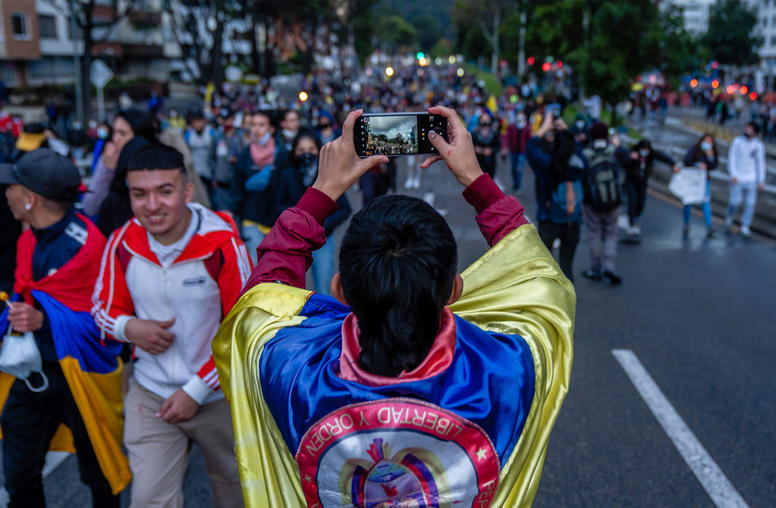
Vice-Presidential Candidates Lay Out Visions for Colombia’s Future
Colombia is on the precipice of historic presidential elections amid a backdrop of significant social unrest, deepening polarization and the escalation of the country’s six-decade old armed conflict. Last year’s nationwide mass protests sprung up over worsening racial and socioeconomic inequality in most of the country’s major urban metropolitan centers, and a heavy-handed police response only served to worsen the crisis.
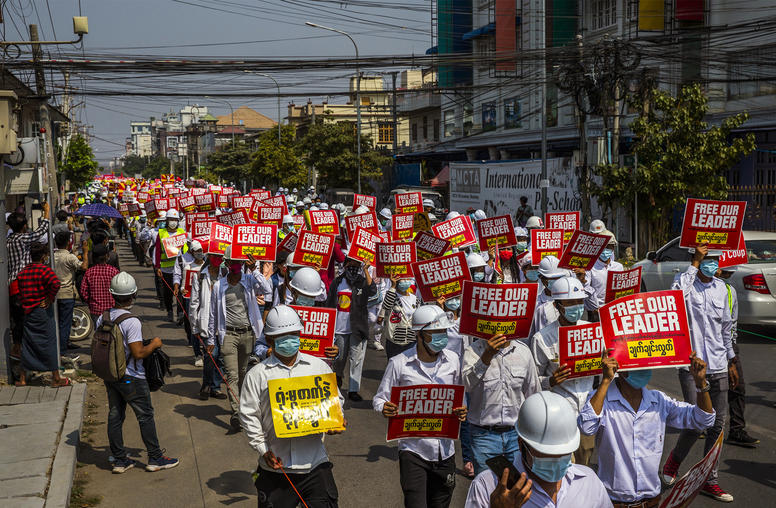
U.S.-ASEAN Summit: A Chance to Explore New Steps to Resolve Myanmar’s Conflict
The February 2021 coup in Myanmar, which overthrew an elected government and installed a brutal military dictatorship, has posed an enormous challenge to the Association of Southeast Asian States (ASEAN). The group has split on what — if any — action to take regarding the coup. Meanwhile, the military’s unbridled violence against the country’s citizens failed to suppress an increasingly militarized opposition and the conflict now affects ASEAN states bordering Myanmar and those beyond. As the U.S.-ASEAN Special Summit gets underway this week in Washington, Myanmar will not be present, a symbol that the organization — as a whole— does not accept the coup government’s legitimacy. What’s next remains to be seen.
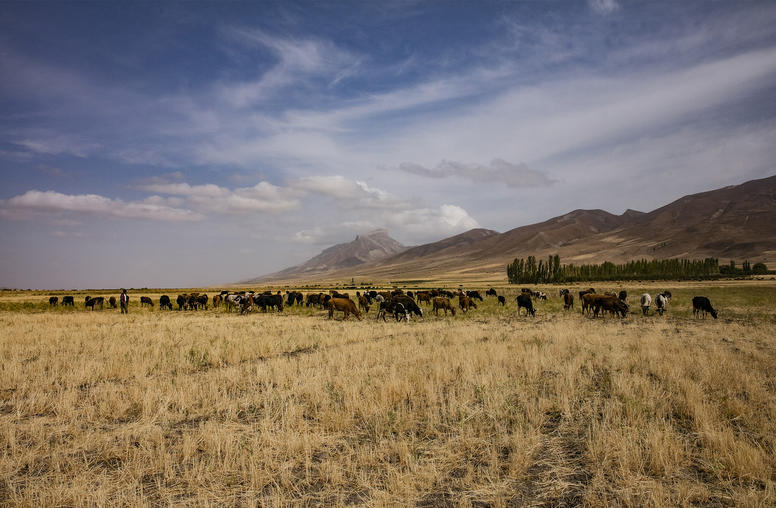
Russia’s Ukraine War Weighs Heavily on Tajikistan
The Russian invasion of Ukraine has left the five republics of Central Asia in a bind, but none more so than Tajikistan, a fragile country that depends on Russian troops and remittances for stability. As former Soviet republics, Central Asian states all enjoy special relations with Moscow and are considered traditional allies of the Russian Federation. The invasion of Ukraine — another former Soviet republic — raises urgent questions for Tajikistan about how to meet Russian expectations of support from Dushanbe in the face of global outrage and condemnation.
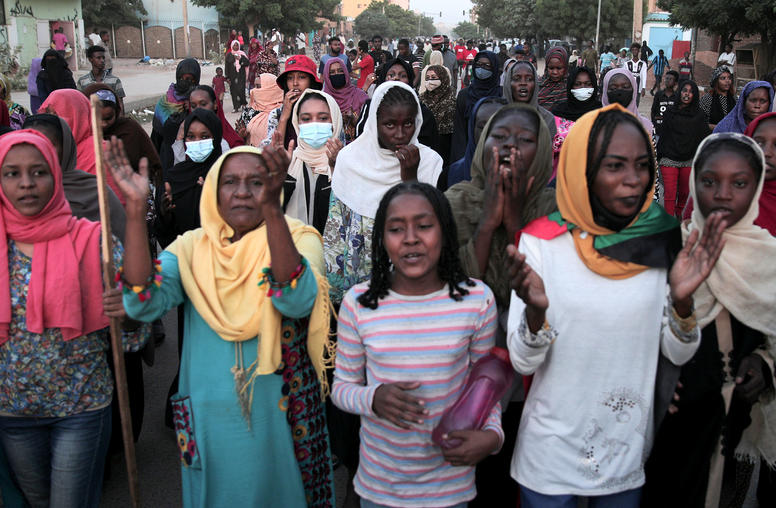
Darfur after Bashir: Implications for Sudan’s Transition and for the Region
This report examines the role of Darfur in Sudan’s domestic politics and international relations since the overthrow of Omar al-Bashir in 2019. It traces how Darfur’s importance has shifted with the growing aspirations and power of Mohamed Hamdan Daglo – more commonly known as Hemetti – and the Rapid Support Forces that he governs. It concludes by examining where Western actors may have leverage to push for both peace in Darfur and civilian rule.
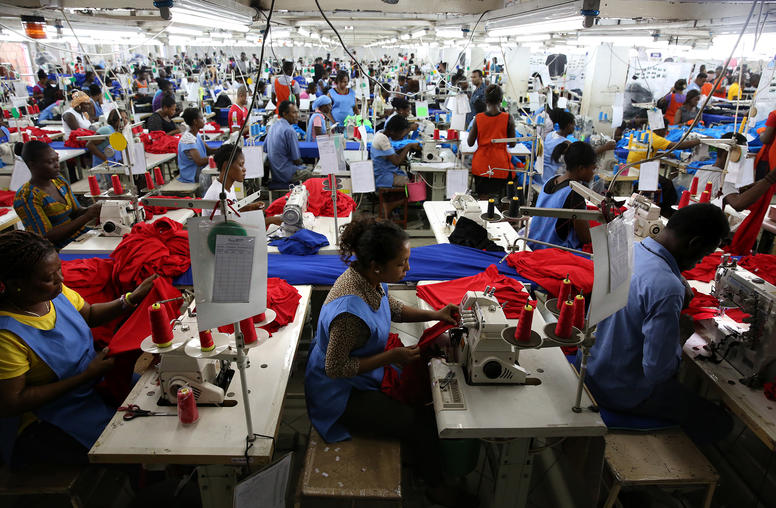
Countering Coups: In Africa, Use Investment to Build Rule of Law
Policymakers are urgently seeking ways to reverse the erosion of democracy in fragile states exemplified by the past year’s surge in military coups in and around Africa’s Sahel region. To halt this decline, it’s vital to listen to African voices urging that international partners make the most of a powerful pro-democracy tool: increased foreign investment built upon the rule of law.

Jason Tower on What the Ukraine War Means for Myanmar
As Russia withdraws resources from Myanmar to focus on Ukraine, China has filled the void by publicly supporting the junta. Meanwhile, the situation inside Myanmar continues to deteriorate, with “the military only able to hang on [to power] by using violence of tragic proportions,” says USIP’s Jason Tower.
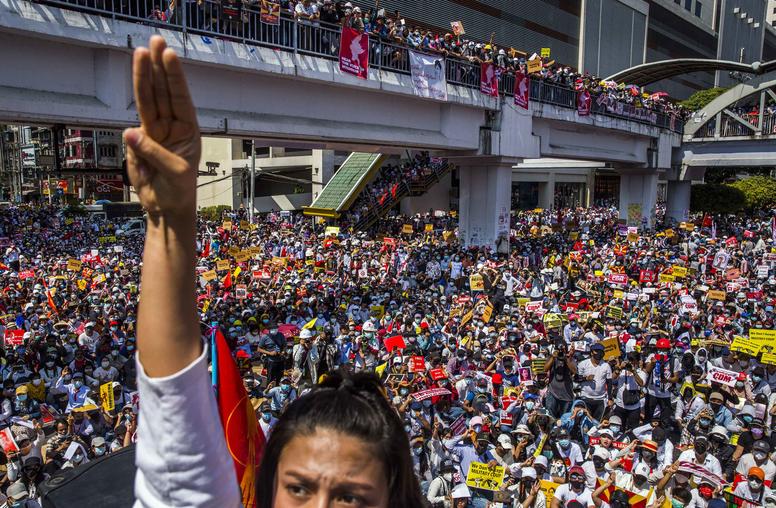
As Myanmar Coup Spurs National Resistance, a Unified Nation Could Emerge
The military’s coup in Myanmar has been a tragedy in every respect but one: It is increasingly clear that the generals’ power grab and bloody repression have united Myanmar’s diverse — and often adverse — ethnic and political groups to resist a common enemy and seek a better future. Ironically, the army, which has argued since independence that it alone can hold the country together, has inadvertently spurred a revolutionary and irreversible nation-building dialogue aimed at creating a federal democratic system and more inclusive national identity. The National Unity Consultative Committee, the platform for this dialogue, may be slow, complex and contentious, but its participants stay at the table for one reason: It offers the best opportunity to escape Myanmar’s vicious cycle of violence and authoritarian rule.
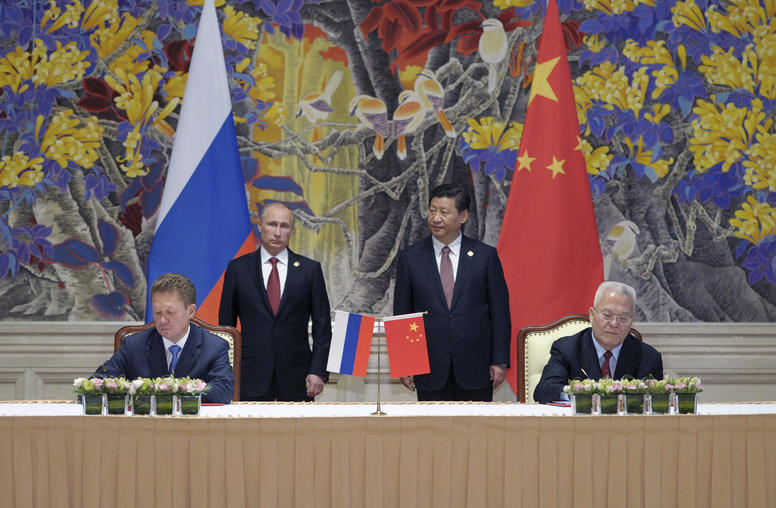
Ukraine Crisis Prompts China to Swing Behind Myanmar’s Junta
After a year of tentative ties with Myanmar’s democratic opposition, China this month dropped all pretension of hedging its bets and ramped up support for the military regime. Beijing framed its decisive economic and political move in part as a response to the “Ukraine crisis,” hinting that Russian backing for the junta may wane on the heels of Moscow’s stumbles in Ukraine, forcing China to fill the gap. With China bringing increasing pressure on Southeast Asian states to follow its lead in legitimizing Myanmar’s dictatorship, all parties in the region, and those with interests in it, will have to rethink their Myanmar strategies.
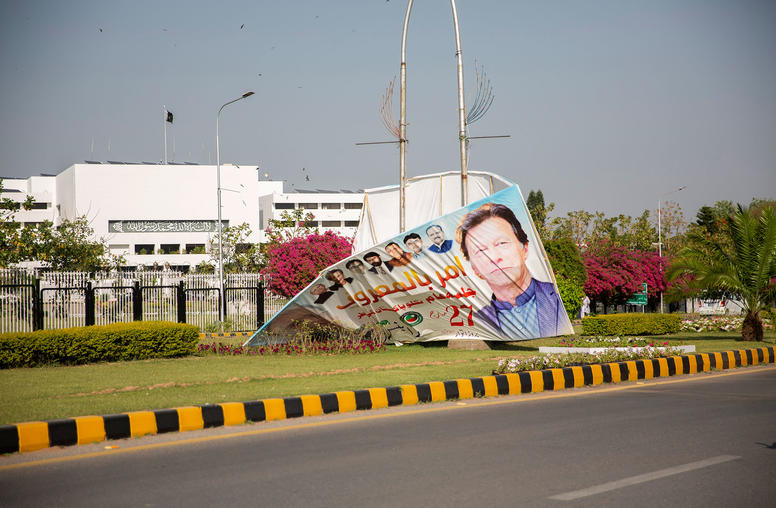
What’s Next for Pakistan’s Politics After Ouster of Imran Khan?
After a month of political crisis in Islamabad, Pakistan’s united opposition parties successfully removed Prime Minister Imran Khan in a vote of no confidence on April 10 and then on April 11 voted in opposition leader Shahbaz Sharif as the new prime minister. The votes came after the Supreme Court of Pakistan blocked earlier attempts by Khan’s Pakistan Tehreek-e-Insaaf (PTI) party government to dismiss the motion and move directly to fresh elections. Khan remains defiant despite his ouster.
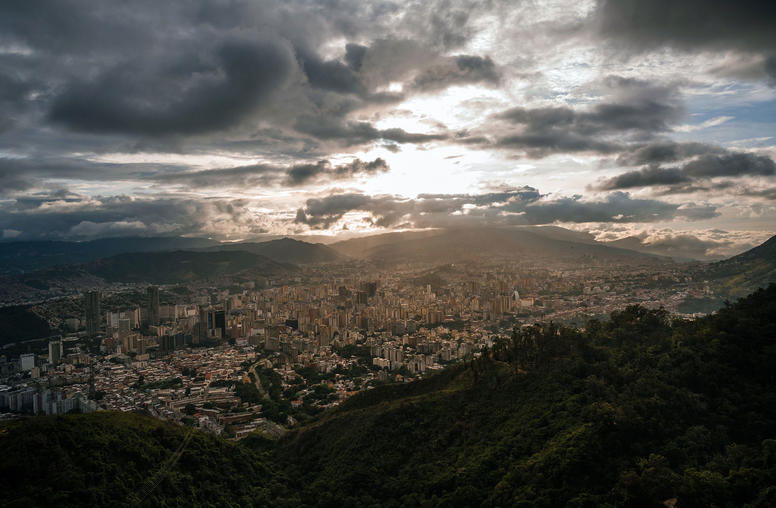
Russia’s Invasion of Ukraine Shakes Up Venezuela’s Geopolitical Status Quo
As the United States gauges the global fallout from Russia’s invasion of Ukraine, U.S. officials quietly met with Venezuelan leader Nicolás Maduro in what marked a dramatic shift in longstanding U.S. policy. Despite cautious readouts from both sides, Venezuela’s subsequent release of two American prisoners indicates the meeting may have opened the door for future cooperation in addressing one of the world’s worst political, economic and humanitarian crises. USIP’s Ana Caridad and Keith Mines look at what we know about the trip, the possible diplomatic paths forward, where Venezuela’s opposition movement fits in, and how Venezuela’s deep ties to Russia might affect U.S.-Venezuelan engagement.